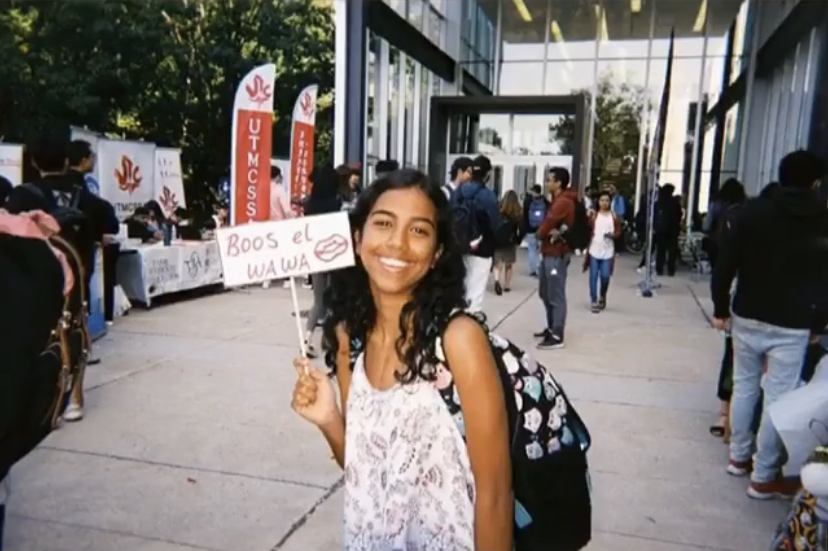Dear freshmen, learn to discern
On the importance of leaning on inner guidance to understand your university experience.
The booming frosh week speakers in front of the Student Centre signal a new batch of freshly baked freshmen, packed with dreams of becoming and anxieties of anticipation. All expected, all valid. September means a new batch of students get to figure out what the hell ACORN is, inquire on Reddit about the cut off grades to study computer science, and spread tales of gossip. All of which remind me of my first year in this place.
No amount of advice videos on YouTube could have ever primed me for my first year at the University of Toronto Mississauga, in all its glory and craziness. No amount of asking upper years and predecessors for advice could have helped me mitigate the sometimes deeply painful lessons I had to go through. Still, I hold out hope that something in my words can help the incoming freshmen.
Please, do not think that I have it all figured out; God knows the only difference between me and all of you young ones is time. Still, time and pain are great teachers, and they ask me to relay to you the experience they have blessed me with.
When I was an incoming freshman, the advice I received was as follows: be approachable and school-oriented—and that, I was. Prior to entering school, I had picked up a habit of introducing myself to strangers by way of a New Year’s resolution I decreed upon myself. I introduced myself to everyone and anyone. As internet-speak would have it, “social anxiety was afraid of me.” I went out to parties and hang outs, but not so much that I lost my footing with school. I made a home for myself on the fourth floor of the Hazel McCallion Academic Learning Centre and there I sat, drilling problem sets and typing away at essays. As far as I was concerned, I did the right thing to a tee.
Still, among the seas of people I met, I felt connected to no one. I was not meeting the academic goals I had set for myself, and I cycled between debilitating anxiety and painful hollowness.
I was doing “the right thing,” but I did not feel right at all.
We live in an age where all the answers are one Google search away, yet we are still lost. We are well-informed but that doesn’t necessarily translate into knowledge. The information that others relay to us rarely compares to the wisdom and power we derive from making our own choices and owning them. I found that in my first year, I put the words of others on a pedestal and rarely ever listened to my own voice and feelings about the choices I was making. In an attempt to do what I was told to be “the right thing,” I was failing to do what was right by me.
In conversation with Oprah Winfrey, legendary poet Dr. Maya Angelou said that she recommended this to her son after he asked how to make friends: “There’s a place in you that you must keep inviolate. You must keep it pristine, clean, so that nobody has the right to curse you or treat you badly.” In these words, she referred to self-respect, but I believe that these words also perfectly describe what discernment is. It’s a place within me that I have learned to find answers that make sense for me. It became my pursuit to stay in touch with this place that would come to ground me through many depressive episodes and existential crises. It is that place that veered me away from allowing everyone access to me, and towards being intentional about the connections I made. It is that place that made me ditch a career in software engineering for a life in the arts, and it is that place where I feel the most fulfilled and, to the religious among you, closer to God.
There is no denying that the risks that you take must be calculated, nor that logic is a powerful tool, but even science admits that one cannot account for all the variables and possibilities. There are bounds to where logic and assistance from others will take you. As such, it is best to learn to couple your logic with discernment to help take you from what you know to where you want to go.
To the incoming freshmen, practice leaning on your discernment; practice following the guidance of your faith and heart. Some of you will hit the ground running, many of you will struggle, all of you will fail at some aspect in your life. When you meet persistent failures, it’s good to press your professors and search engines for answers, but it’s most important to pursue only the answers and choices which make sense to you.

